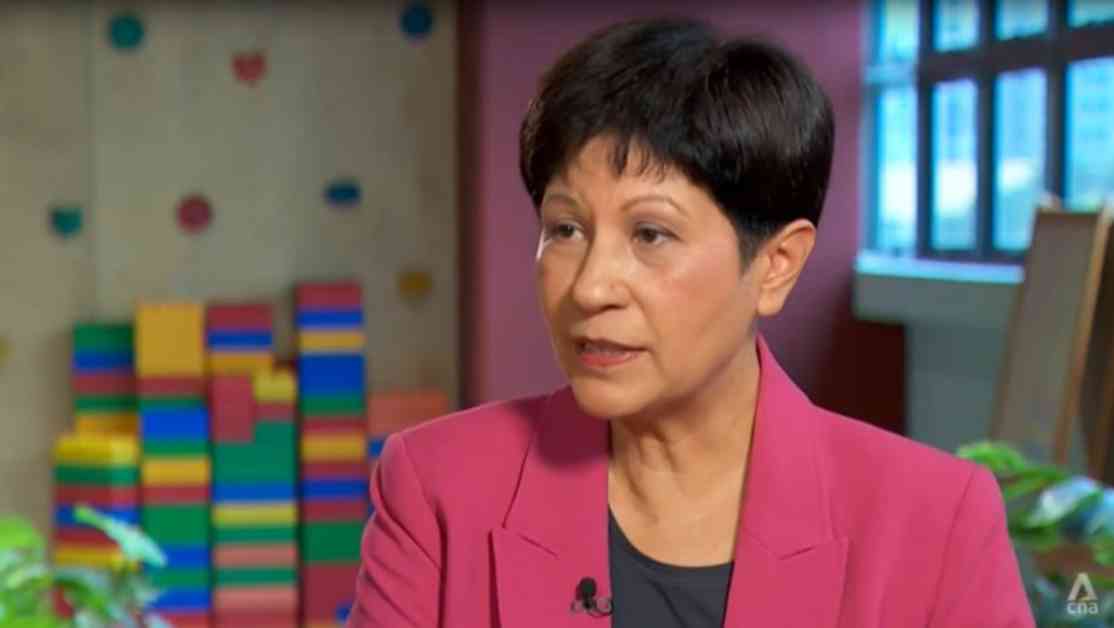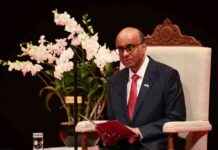**Supporting Young Families: A Q&A with Indranee Rajah**
Singapore is gearing up to provide more support for young families this year with the introduction of a new shared parental leave scheme set to roll out on April 1. Minister in the Prime Minister’s Office Indranee Rajah, who oversees the National Population and Talent Division, shared insights and perspectives on this initiative in a recent interview with CNA’s Dawn Tan.
**Enhanced Support for Young Families**
Rajah emphasized that while financial considerations do play a role in the decision to have children, the government’s efforts extend beyond monetary aid. Measures have been implemented to improve support for mothers during childbirth, enhance healthcare for infants, and ensure greater accessibility to housing. The new shared parental leave policy, announced by Prime Minister Lawrence Wong at the National Day Rally last year, offers 10 weeks of shared parental leave, encouraging equal participation from both parents.
**Future Support for Parents**
Looking ahead to 2025, Rajah discussed plans to increase support for infant care, particularly during the crucial first 18 months of a child’s life. The Ministry of Social and Family Development is exploring innovative models of infant care to cater to the diverse needs of parents, including in-home care options. Additionally, the government is considering ways to support larger families by addressing the escalating costs associated with raising multiple children.
**Measuring Policy Effectiveness**
To track the impact of family-friendly policies, Rajah highlighted a comprehensive support system that starts from prenatal care and continues through education. Subsidies for healthcare, cash gifts, and educational assistance are part of a holistic approach aimed at creating a society that prioritizes family wellbeing.
**Balancing Economic Success and Fertility Concerns**
Addressing the challenge of balancing economic prosperity with fertility rates, Rajah emphasized the importance of shared parental leave as a means to empower parents to prioritize family while pursuing their careers. Recognizing the need for employers to support work-life balance, she called for a shift in organizational culture to accommodate the evolving needs of employees.
In a society where success is often equated with material wealth and professional achievements, Rajah advocated for redefining success to include personal fulfillment and family wellbeing. She underscored the significance of finding a balance between financial stability, individual happiness, and the well-being of children.
As Singapore continues to navigate the complexities of modern family dynamics and work-life integration, Rajah emphasized the need for ongoing conversations and policy interventions to create a more supportive environment for families and individuals alike. While the journey towards a more balanced and fulfilling life may take time, she expressed optimism about the potential for positive change through continued dialogue and progressive policy measures.


























